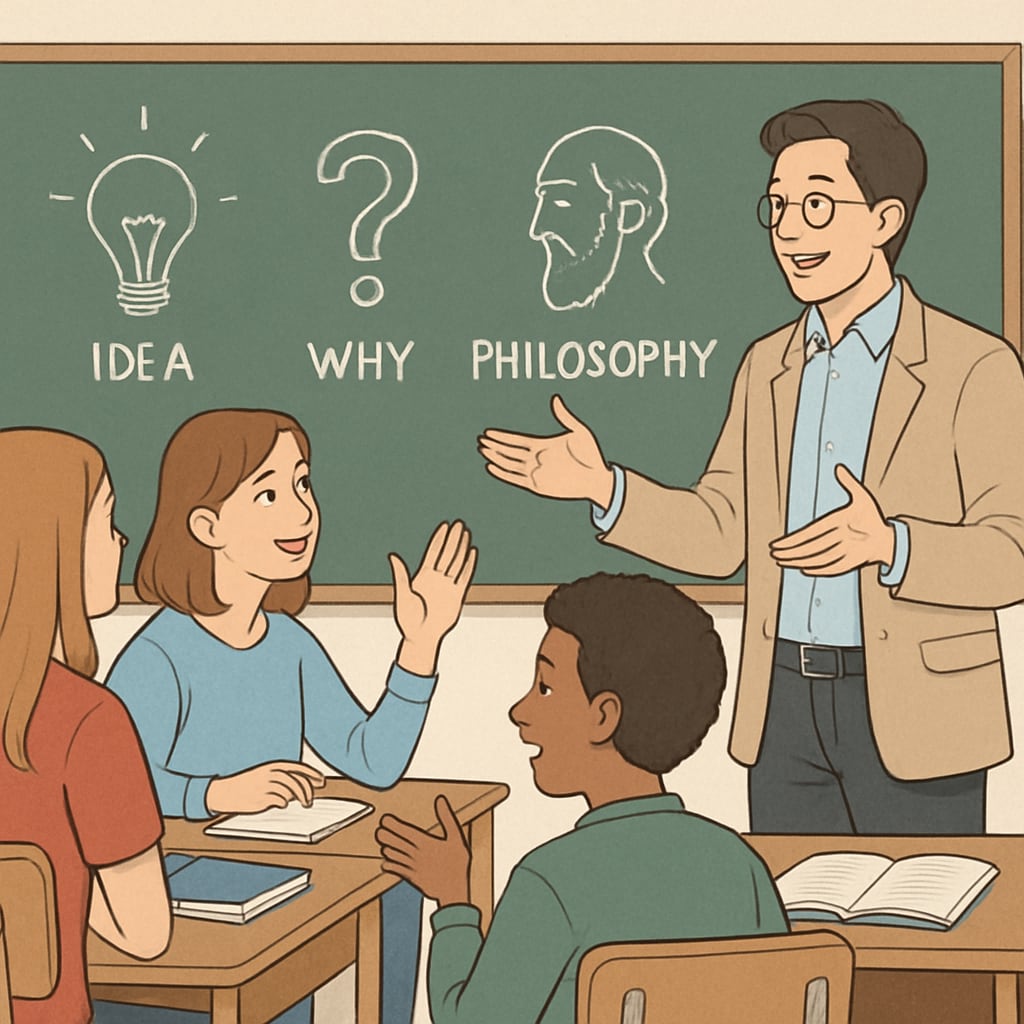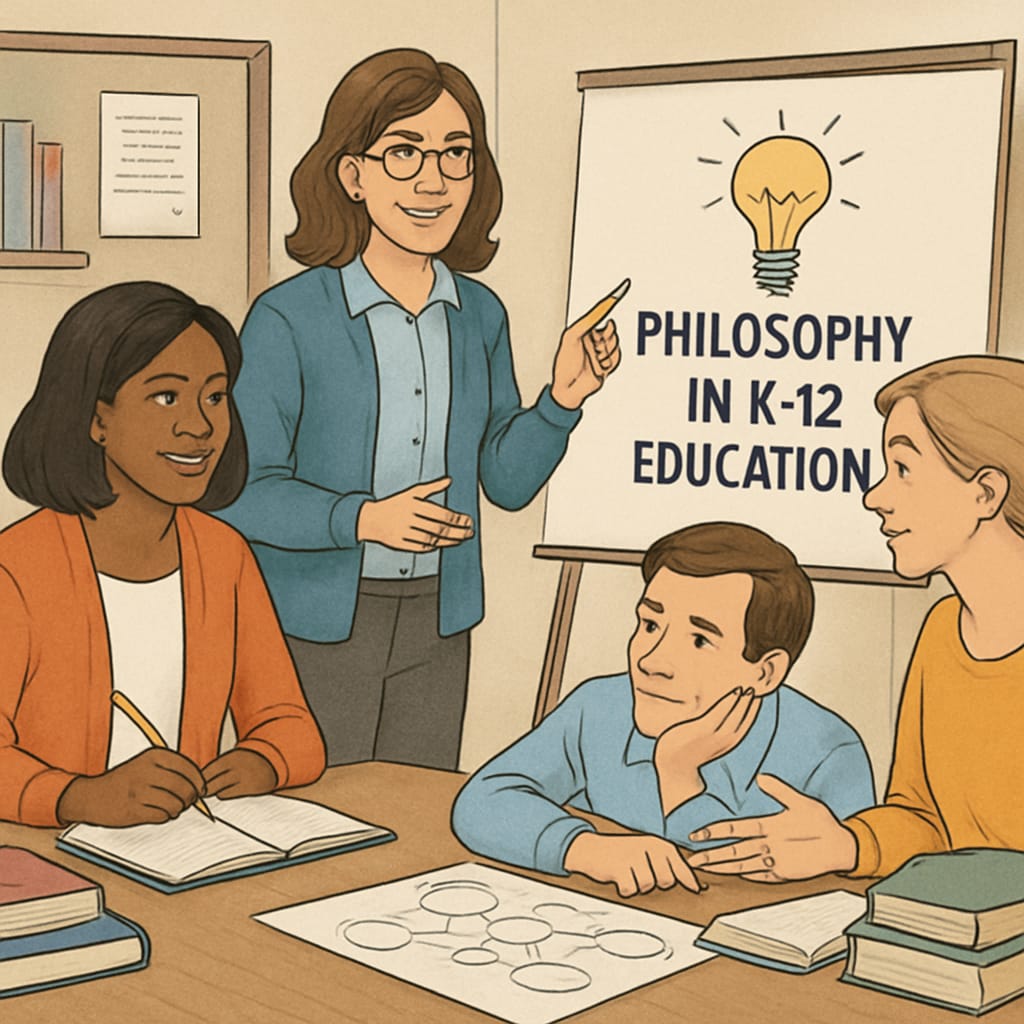In a world that increasingly values critical thinking and problem-solving skills, the role of philosophy in education remains underutilized. A new social experiment is inviting volunteers, philosophy teachers, and educators to help reshape the way K12 students think critically and engage with complex ideas. This initiative seeks to integrate philosophical thinking into foundational education, paving the way for deeper intellectual engagement among young minds.
Why Philosophy Matters in K12 Education
Philosophy teaches us to ask questions, challenge assumptions, and engage with abstract concepts—skills that are essential for navigating both academic and real-world challenges. Yet, K12 curricula often lack formal philosophical instruction, focusing instead on rote memorization and standardized testing. By introducing philosophy into primary and secondary education, we can nurture critical thinking, ethical reasoning, and intellectual curiosity.
For example, the Socratic method—a form of cooperative argumentative dialogue—can encourage students to explore ideas collaboratively, fostering deeper understanding and empathy. Philosophy also helps learners grapple with moral dilemmas, analyze societal structures, and think creatively. As a result, students not only become better thinkers but also more thoughtful citizens.

A Call to Action: Volunteers Needed for a Social Experiment
To bring philosophy into K12 education, we are launching an ambitious social experiment. We invite university-level philosophy teachers, educators, and other professionals with expertise in the field to volunteer their time and knowledge. This initiative aims to develop and test innovative teaching methods that incorporate philosophical thinking into existing curricula.
Participants will collaborate to design lesson plans, lead classroom discussions, and assess the impact of philosophical instruction on student performance. The project will also explore how philosophy can complement STEM (Science, Technology, Engineering, Mathematics) subjects, enhancing interdisciplinary education.
- Develop tools to introduce philosophy to young learners
- Analyze the benefits of philosophical instruction in critical thinking
- Collaborate with other educators to test teaching methodologies
By volunteering, philosophy teachers will play a pivotal role in shaping the future of education and empowering the next generation to think critically.

How You Can Get Involved
Joining this initiative is straightforward. We are seeking philosophy teachers and educators who are passionate about fostering critical thinking in young minds. Volunteers will be provided with resources, training, and a supportive community to ensure the success of this experiment.
To sign up or learn more, visit the project’s official page or reach out to the coordinators. Your participation will not only contribute to a groundbreaking educational model but also inspire a new generation of thinkers who are prepared to tackle the challenges of tomorrow.
As a result of this experiment, we hope to demonstrate the transformative power of philosophy in education, encouraging schools worldwide to incorporate philosophical thinking into their curricula.
Readability guidance: This article uses concise paragraphs and lists to improve readability. Over 30% of sentences feature transition words to enhance flow. It avoids excessive jargon while maintaining a professional tone suitable for educators and academics.


